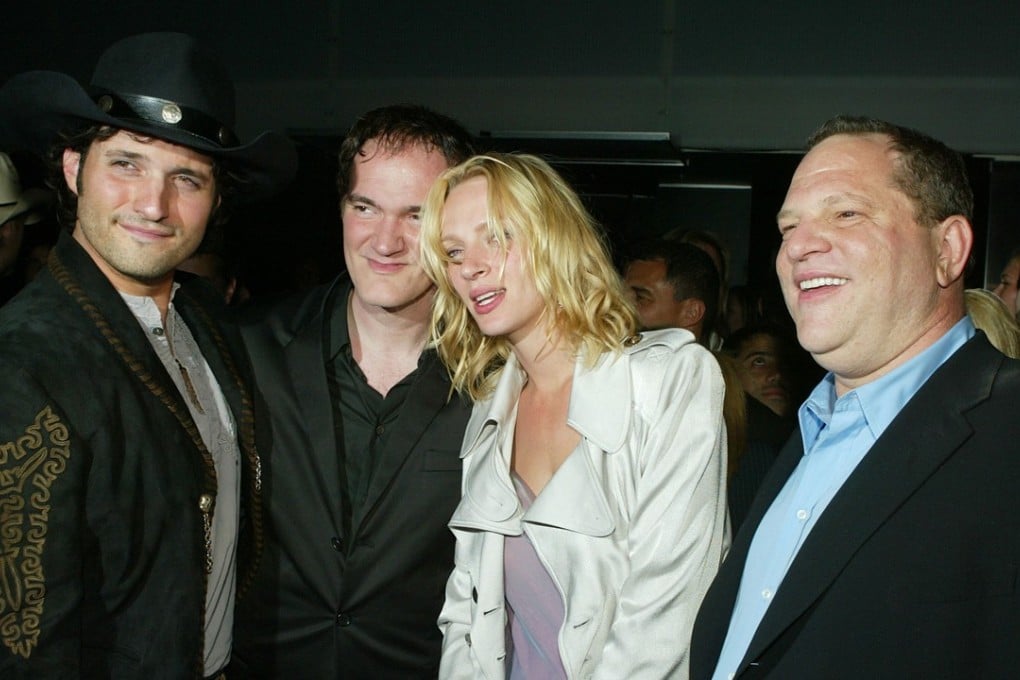Uma Thurman’s Kill Bill car crash, Quentin Tarantino, Harvey Weinstein and auteur worship
Why does the public forgive successful directors for their wrongdoings and abuse of power, and why do cinema-goers accept subpar and objectionable films from directors just because they are considered auteurs?

All her best instincts told her not to get into the car.
Uma Thurman was in the last days of filming the vicious revenge fantasy Kill Bill when the film’s director, Quentin Tarantino, told her to perform a driving stunt herself. Told by a crew member that the car wasn’t safe, Thurman balked. Tarantino was “furious, because I’d cost them a lot of time,” Thurman told The New York Times’ Maureen Dowd in a devastating interview published over the weekend.
QT, as he is known to his fans, finally reassured her that the car was safe and the road was straight, but not without a dose of intimidation. “Hit 40 miles per hour or your hair won’t blow the right way,” he threatened, “and I’ll make you do it again.”
She complied. Then she proceeded to crash the car, resulting in what she says is permanent damage to her neck and “screwed up knees”.
Thurman’s recollection of her “dehumanisation to the point of death” was part of a larger story that included coercive, violent encounters with Kill Bill’s producer and Tarantino’s chief champion, Harvey Weinstein. Her experience provides yet another glimpse inside a particular brand of toxic masculinity: a deference to auteur worship that, as Thurman’s case shows, can have literally deadly consequences and is just as unhealthy on screen as off.